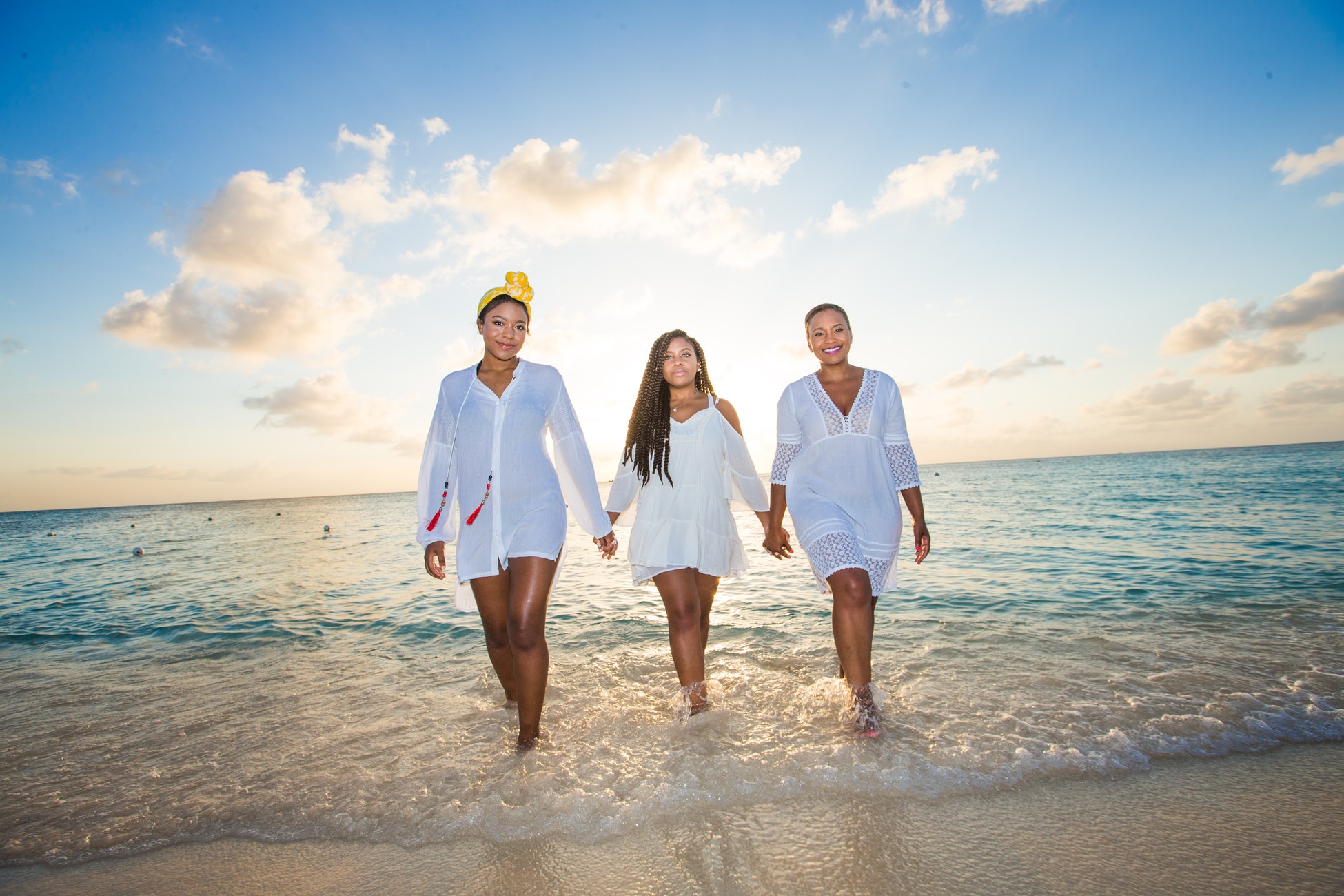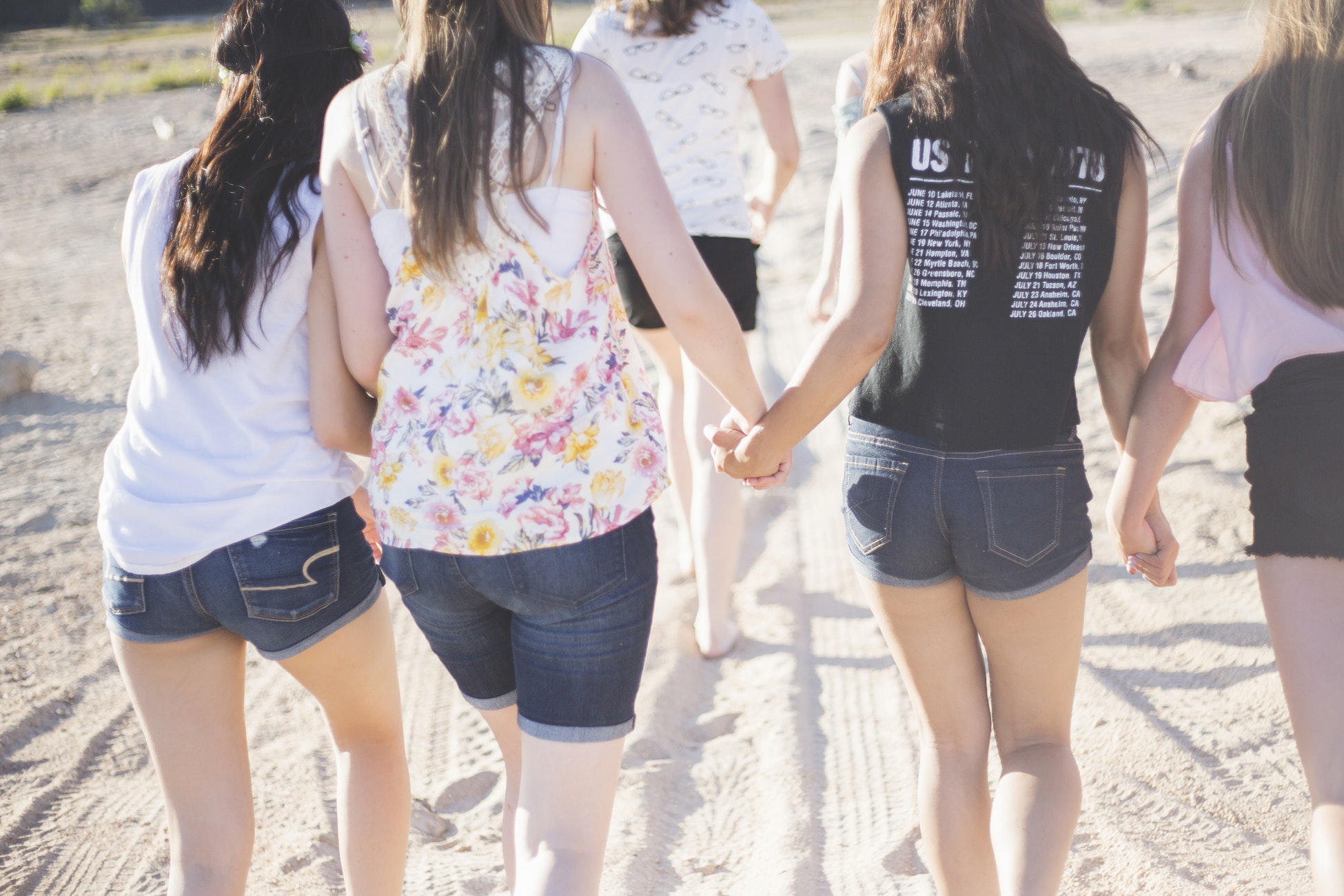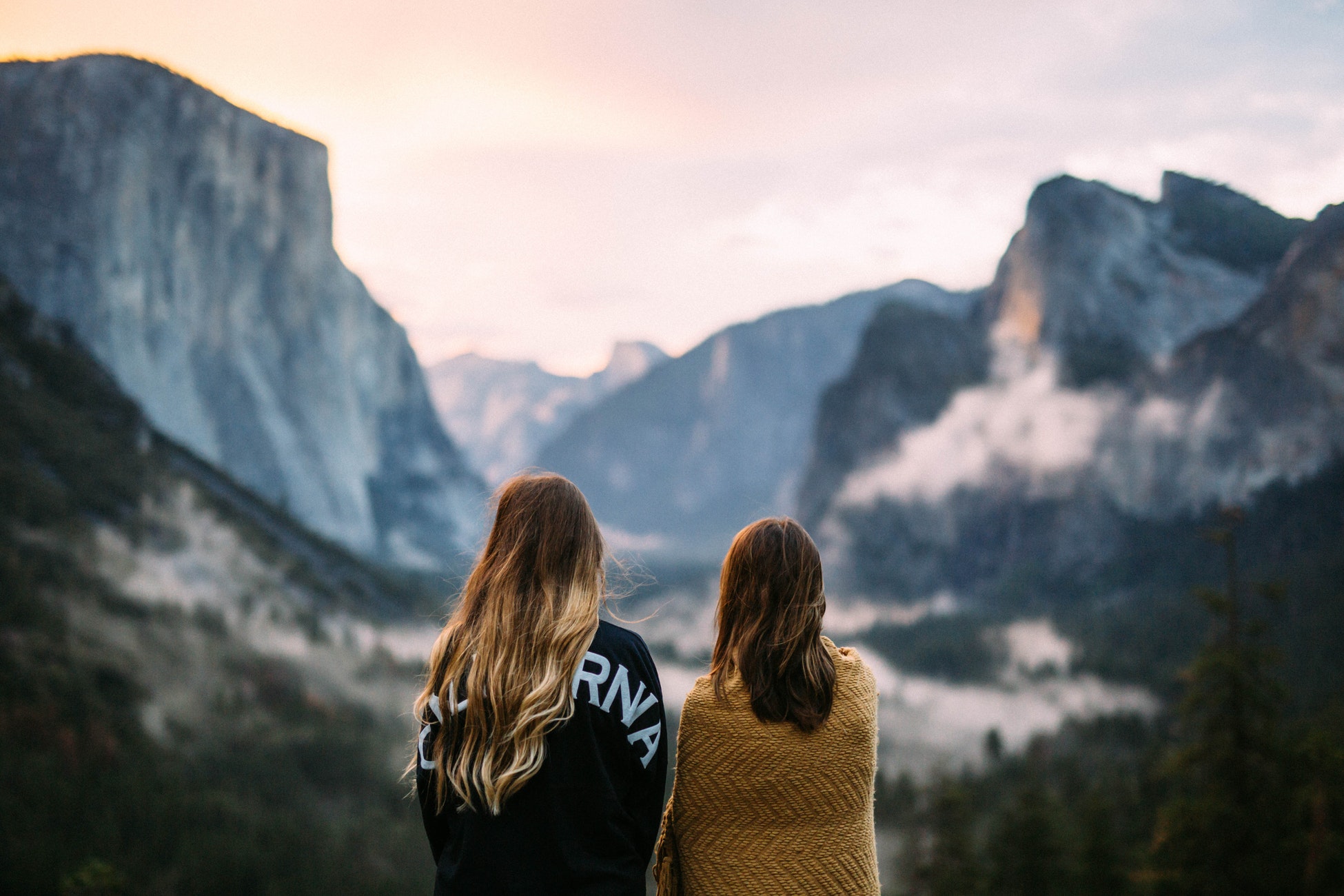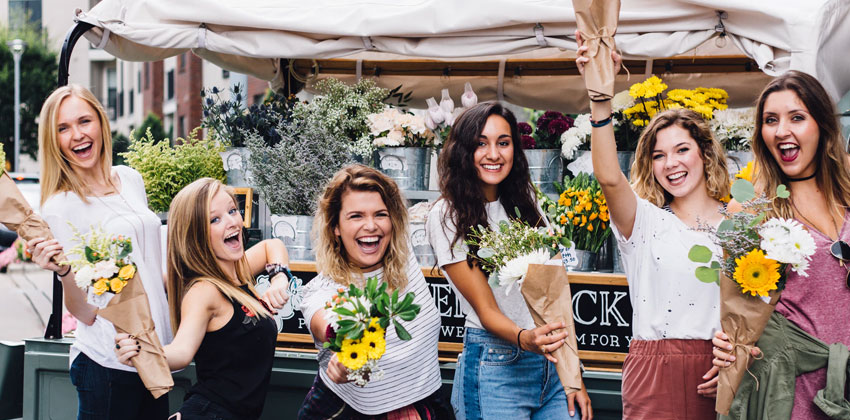Women are ten per cent less likely to travel alone than men: Survey

Despite much buzz around the solo travel trend, 30.4 per cent of Americans say they have never travelled alone. And those who have are more than five times as likely to travel domestically than internationally, according to a new survey conducted by Allianz Global Assistance. More than a quarter (27.5 per cent) of Americans have travelled alone for business domestically and 21 percent for leisure, while only 3.2 percent have solo traveled internationally for business and 4.8 per cent for leisure.
Women are ten per cent less likely to travel alone than men, with 35.2 per cent noting they have never travelled alone, compared to 25.2 per cent of men. Gender also appears to impact solo travellers’ perception of safety, with 76.6 per cent of men saying they have never felt unsafe while travelling alone, while 60.3 per cent of women say the same.
Almost 40 per cent of women (38.9 per cent) have been catcalled while traveling alone, compared to 11.6 per cent of men. However, solo male travellers seem more susceptible to theft, with almost ten per cent (9.7 per cent) reporting having been mugged or pickpocketed (versus 6.1 per cent of women). More than a quarter of Americans (25.6 per cent) say they have been overcharged or ripped off while traveling alone.
The security and safety of accommodations is top-of-mind for all solo travellers, with 26.6 per cent of Americans listing it as the factor they are most concerned about when travelling alone. The remaining factors of concern vary significantly between male and female respondents. The next most pressing concerns for male travellers include: violence/terrorism (17.8 per cent), a natural disaster (17.8 per cent), being out after dark (14.8 per cent), riding public transportation (10 per cent), security/safety of drivers (6.9 per cent) and visiting a restaurant/bar (also 6.9 per cent). Being out after dark is the second most concern for women (26.3 per cent), followed by violence/terrorism (15.7 per cent), natural disaster (9.6 per cent) riding public transportation (9.4 per cent), security/safety of drivers (7.8 per cent) and visiting a restaurant/bar (3.7 per cent).

Nearly sixty per cent (59.9 per cent) of women avoid walking at night to keep themselves safe while travelling alone, while 47 per cent inform others of their location. Avoiding conversations with strangers (32.8 per cent), dressing in a way that won’t draw attention (30 per cent), moderating alcohol consumption (27 per cent) and steering clear of busy tourist areas (14 per cent) are other methods used for safety, while the survey found that 18.9 per cent of women use none of these.
Over a third (34.1 per cent) of male solo travellers don’t use any of these tactics, while 34.9 per cent avoid walking at night, 22 per cent inform others of their location, 16.9 per cent dress in a way that won’t draw attention, 16.7 per cent avoid talking to strangers, 16.1 percent moderate alcohol consumption and 8.4 per cent avoid busy tourist areas.

In addition to these tactics, Allianz Global Assistance suggests following these safety tips when travelling alone:
* Save your emergency contact in your phone under “ICE” (In Case of Emergency). List your emergency contact or next of kin on all travel documents.
* Keep your passport in your hotel safe, and leave copies of it with a friend or family member at home.
* Bring the following to store in your hotel safe:
– Copy of driver’s license
– Credit card information
– List of medications
– Any past medical history
– Copy of health and travel insurance cards
* If possible, arrive at your destination while it is still daylight and pre-plan your ground transportation to your accommodations.
* Bring band aids, antibiotic ointments, antidiarrheal and analgesic medications with you
* Keep your belongings close to you at all times. If using a purse, make sure that the strap is worn across your body, so it can’t be grabbed off your shoulder.

Many Americans also research safety advisories before traveling alone; as many as 34.8 percent say they do so regularly while 29.3 per cent do sometimes. Women are more likely to do so (40.6 per cent) than men (28.7 per cent).
“Solo travel represents a significant part of the tourism industry, with nearly 70 per cent of Americans having traveled alone, for business or leisure,” said Dan Durazo, director of marketing & communications at Allianz Global Assistance USA. “We always recommend that travelers remain alert and aware, and this is especially important for those on their own. Having the right insurance policy, with a 24-hour assistance and protection hotline, can provide peace of mind. The right policy may also help protect travelers in case of violence, terrorism or natural disaster, all concerns for the solo traveler,” he said.



